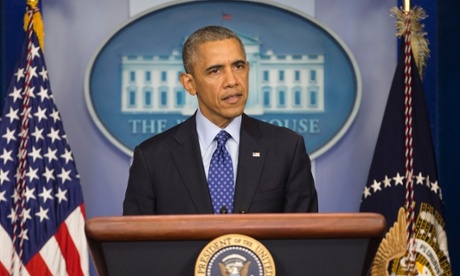 |
| When not ruining acoustic guitars, Ed likes to smear the entrails of Teletubbies on his forearms. |
It is peculiar to hate an instrument. But I do. Well, at least a variation of one instrument, a sub-instrument if you will. The acoustic guitar. Like Carrie Bradshaw's laptop, it is an object which is now almost exclusivley used as a tool for faux-profundity and cringey narcissism.
It wasn't always like this. The acoustic guitar once retained a cool, stripped down, beatnik air to it. It conjured up images of Joni Mitchell and Nick Drake-types tramping from dank basement bar to dank basement bar, scratching a living. Going back even further, it was the instrument of choice for blues artists like Robert Johnson and Lightnin' Hopkins. They made the guitar howl like a wolf as they spilled their weary souls.
But now that is all changed and most of the blame can be laid squarely at the feet of one man. Ed Sheeran. Before we begin to dissect Sheeran's pernicious influence on the acoustic guitar, it is important to note that the acoustic guitar's coolness, its air of intrigue, has been on the wane since 1995. A year earlier, the acoustic guitar had its last great moment when Nirvana appeared on MTV Unplugged. While I'll admit to not being as enamoured by Nirvana's musical output as others, Kurt Cobain was coolness personified strumming that acoustic axe. But a year later, the acoustic guitar took a near fatal hit.
1995 was the year Oasis released Wonderwall. It's not that Wonderwall was a bad song, it's fine. It's that it was a sort of Helen of Troy moment for the acoustic guitar. If her face launched a thousand ships then Wonderwall launched a thousand dickheads insisting on playing it everywhere from house parties to barbeques. Its appeal lies in its ridiculously simple chord progression and instantly recognisable lyrics. It is said (by me) that at a music festival, you are never more than 10 feet away from a slightly inebriated, fedora-wearing dickhead playing Wonderwall.
But the acoustic guitar survived. Barely, but it did. Though wounded, it still retained a whiff of the mystique, the allure that had once made it one of the default tools of the tortured artiste. Then along came Ed Sheeran. Again, similar to Nirvana, the quality of Ed Sheeran's musical output is not under analysis here. I'm not a big fan but that is wholly irrelevant. You can enjoy his music and still agree with some of the points I make. He is undoubtedly very talented and that is not under question here.
Thanks to Eddie's questionable impact, however, I can't take any acoustic guitar player seriously any more. To me, they all appear the same; a mish-mash of wanky angst and infuriating self-obsession with their own perceived talent. I know it's irrational - it truly is - but I'm not claiming these observations are rooted in logic. Ed Sheeran has done this. He's reached that level of superstardom, in Europe anyway, where his music has genuinely instigated a shift in popular culture.
For some musical 'purists', he is the rose among the thorns of mainstream chart music. Popular wisdom dictates that, while the likes of Iggy Azelea and Justin Bieber use drum machines and auto-tune to supplement their questionable talent, Ed is a natural, workmanlike talent who doesn't need expensive frills to shine. It's an image as carefully crafted as any major pop star's but it is especially popular among fledgling musicians as it gives currency to the flimsy notion that all one needs to make it in the music industry is hard work and talent.
And so, every spotty, checkshirt-wearing, beanie-wearer and their dog want to emulate Ed. Other major artists have benefitted from the gap Ed has created in the mainstream market. While it would be disingenuous and a tad disrespectful to claim people like Tom Odell, Ben Howard, Passenger and now Hudson Taylor wouldn't have found success in the pre-Ed Sheeran music world, they've certainly profited from the shift in popular music culture that Ed Sheeran has initiated in the last three and a half years. Ed Sheeran is The Beatles in the wake of the British Invasion in 1964, while the aforementioned artists are the Rolling Stones, the Kinks and the Who, tramping along the trail the Beatles laid, if you want to use a music-based analogy.
The victim? The poor acoustic guitar. It has lost its je ne sais quoi. It has been gobbled up by the mainstream machine, chewed and coughed up ignominiously. It is not the first time a once cool cultural artefact has been ruined by over-exposure; the acoustic guitar has joined a sorry club which includes tattoos, snapback caps and t-shirts with Che Guevara's face on them. Can it be reclaimed? Not in the short term. So long as Ed Sheeran's influence keeps his disciples clogging up street corners and bar stages with their soppy brand of melodramatic shite, the acoustic guitar's coolness will continue to suffer.







